Global Leadership in Transition: How World Leaders Are Redefining Power in 2025
Reading Time : 7 min
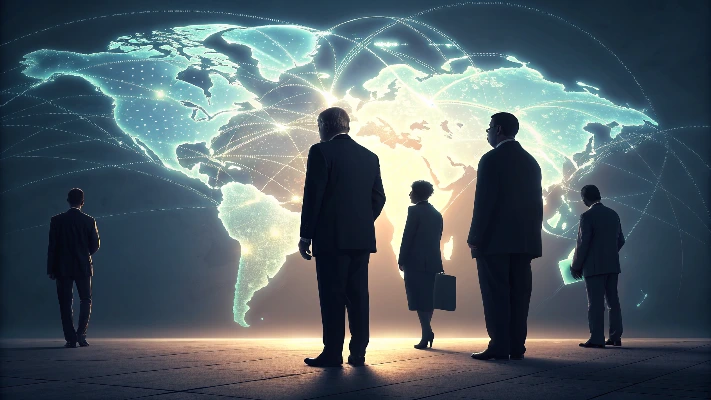
Global Leadership in Transition: How World Leaders Are Redefining Power in 2025
Global leadership is undergoing a profound transformation in 2025. No longer confined to traditional ideas of authority, diplomacy, or economic dominance, leadership today reflects adaptability, inclusivity, and innovation. As the world faces rapid technological changes, shifting geopolitical dynamics, and urgent social and environmental challenges, leaders are redefining what it means to hold power on a global stage.
The Changing Nature of Leadership
In the past, global leadership often meant military strength, economic control, or political influence. While these remain important, today’s leaders are expected to demonstrate emotional intelligence, cultural awareness, and a vision that prioritizes collaboration over competition. Leadership in 2025 is not only about commanding influence but also about building trust and mobilizing people toward shared goals.
From Authority to Collaboration
One of the most significant shifts is the movement away from rigid, top-down authority toward collective and cooperative leadership. Leaders are increasingly judged by their ability to foster partnerships—between nations, corporations, and communities—that can address complex global issues such as climate change, cybersecurity, and public health. This collaborative model highlights problem-solving, resilience, and shared responsibility.
Technology and the Digital Transformation of Power
The rise of artificial intelligence, digital currencies, and global connectivity has reshaped the way leaders exercise power. In 2025, influence extends beyond borders through digital platforms and technological innovation. Leaders who harness these tools effectively can engage citizens directly, create more transparent governance, and drive rapid policy responses. At the same time, they face the challenge of safeguarding democracy, privacy, and security in a highly digital world.
The Human-Centered Approach
Modern leadership also emphasizes humanity and inclusivity. Leaders are expected to champion equity, diversity, and social justice, ensuring that progress benefits a wider section of society. Whether it is advocating for marginalized voices, supporting gender equality, or promoting sustainable growth, leadership in 2025 places people at the center of decision-making.
Global Challenges as Catalysts for Redefining Power
The past few years of global disruptions—from pandemics to economic instability—have shown that traditional systems of power are insufficient in isolation. Leaders today are tasked with balancing short-term crisis management with long-term vision. This requires flexibility, empathy, and the ability to adapt strategies in real time while still maintaining credibility on the world stage.
Building a New Legacy of Leadership
The future of global leadership is not about individuals amassing power but about creating systems that empower others. In 2025, the leaders who stand out are those who inspire action, encourage innovation, and build resilient networks that can withstand global uncertainty. They are defined less by dominance and more by influence, impact, and integrity.
A World in Transition
Global leadership is no longer a static concept. It is a dynamic, evolving process shaped by the needs of a rapidly changing world. As we move further into 2025, it is clear that the leaders who will leave the greatest legacy are those who embrace transformation, prioritize collaboration, and use their influence to drive meaningful progress for humanity.
Our Latest Awards
-
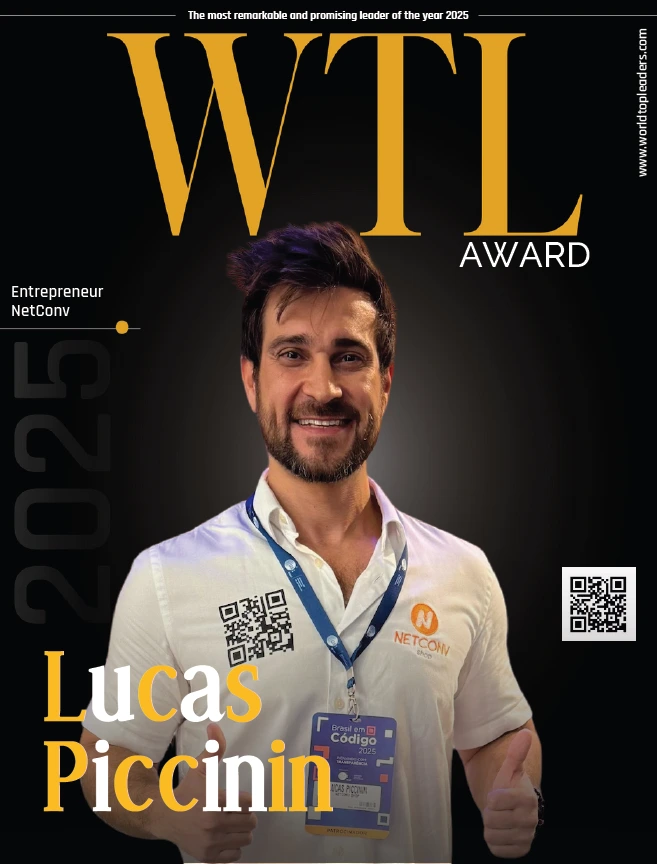 The most remarkable and promising leader of the year 2025
The most remarkable and promising leader of the year 2025 -
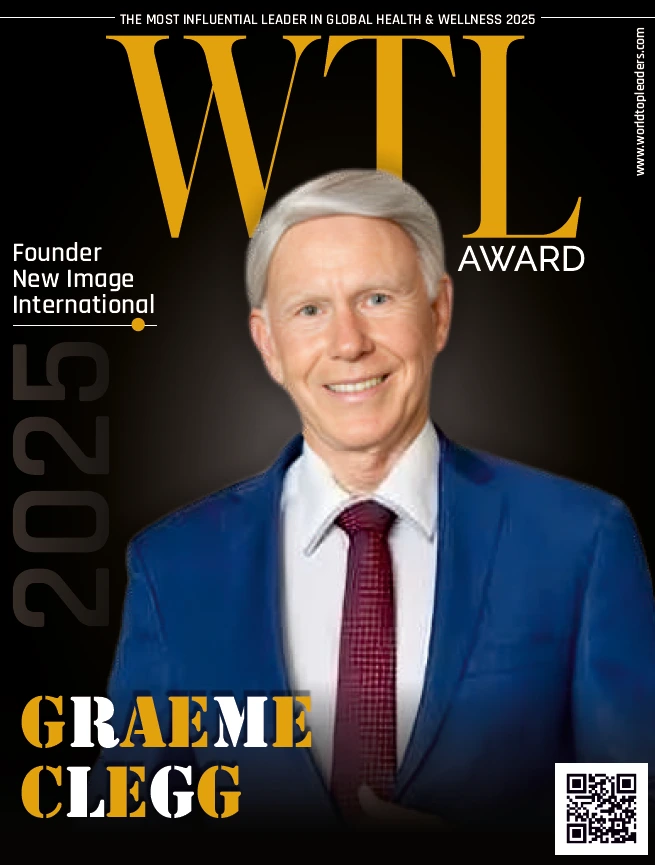 The Most Influential Leader in Global Health & Wellness 2025
The Most Influential Leader in Global Health & Wellness 2025 -
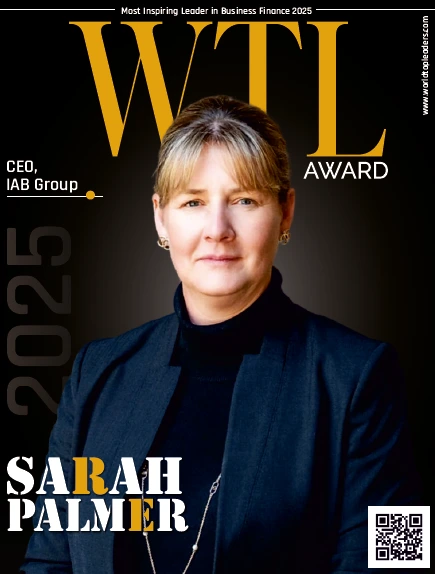 Most Inspiring Leader in Business Finance 2025
Most Inspiring Leader in Business Finance 2025 -
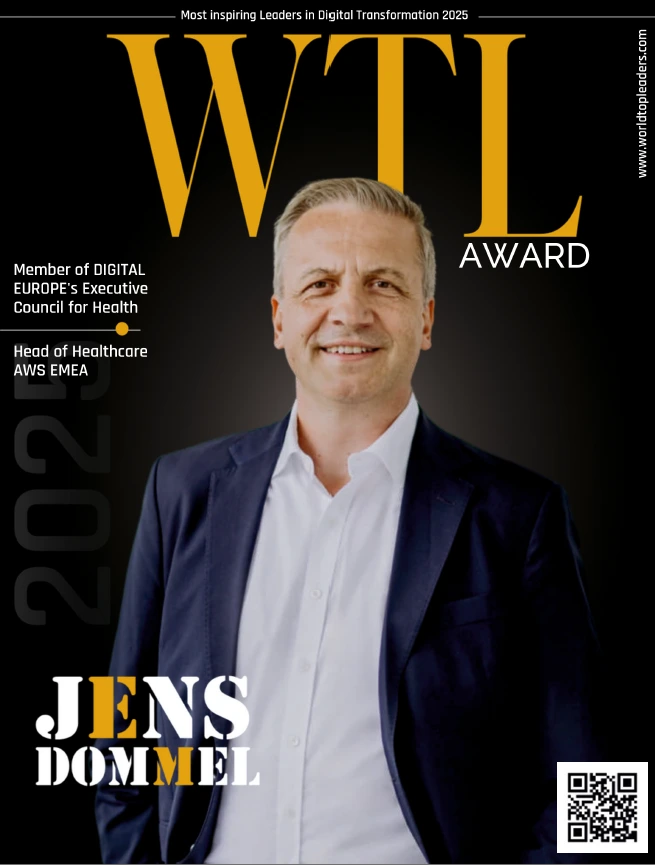 Most Inspiring Leader in Digital Transformation
Most Inspiring Leader in Digital Transformation -
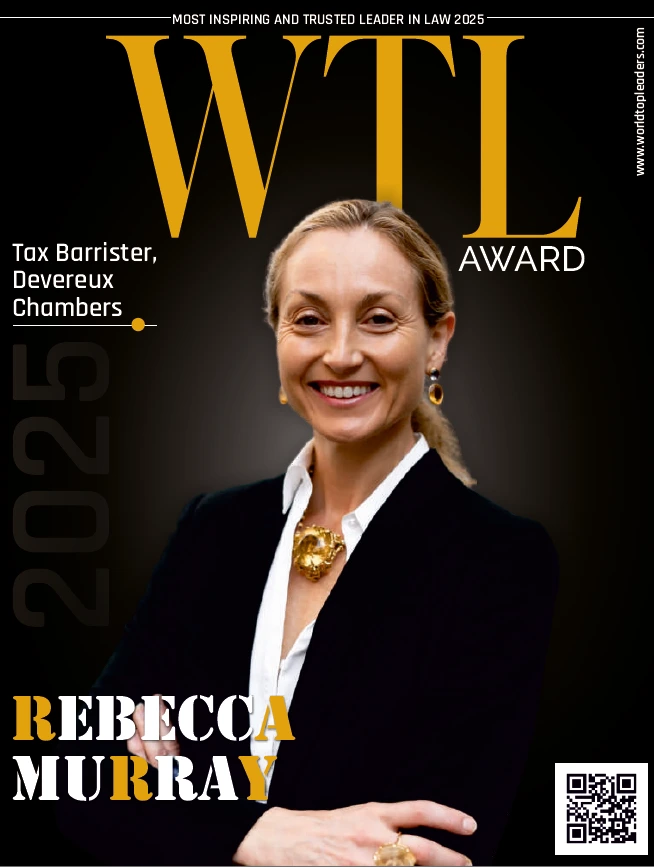 Most Inspiring and Trusted leader in Law 2025
Most Inspiring and Trusted leader in Law 2025 -
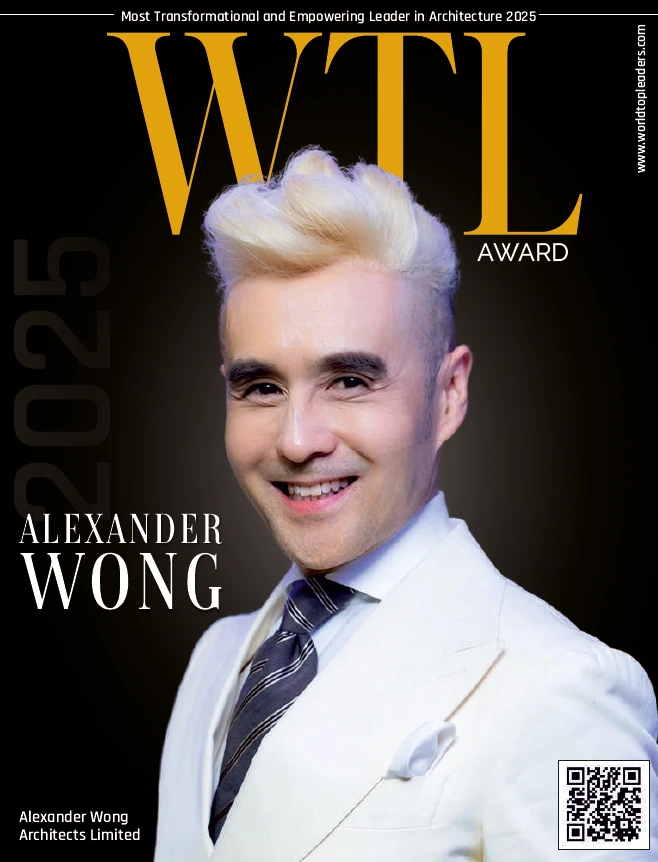 Most Transformational and Empowering Leader in Architecture 2025
Most Transformational and Empowering Leader in Architecture 2025 -
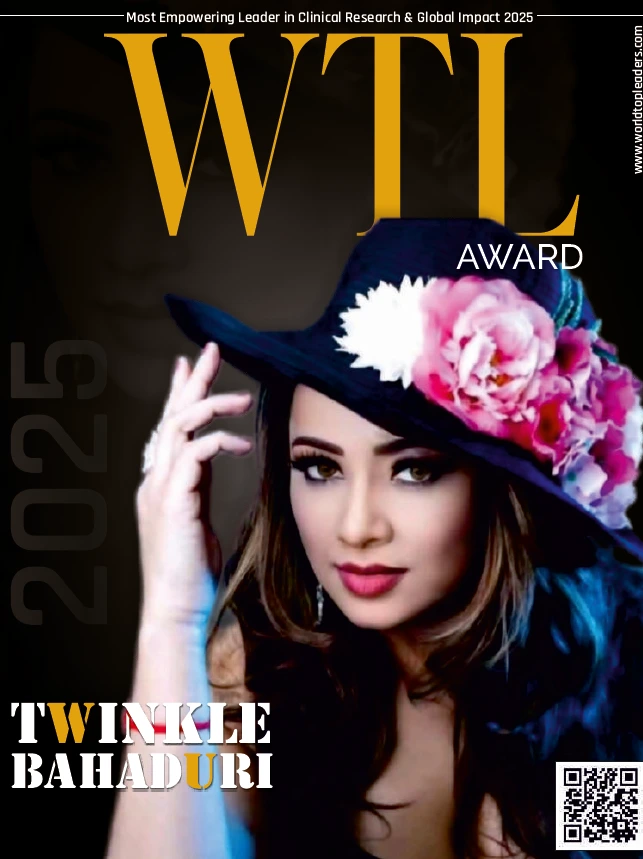 Most Empowering Leader in Clinical Research & Global Impact 2025
Most Empowering Leader in Clinical Research & Global Impact 2025 -
 Most Influential Global Voice in Emotional & Creative Leadership – 2025
Most Influential Global Voice in Emotional & Creative Leadership – 2025 -
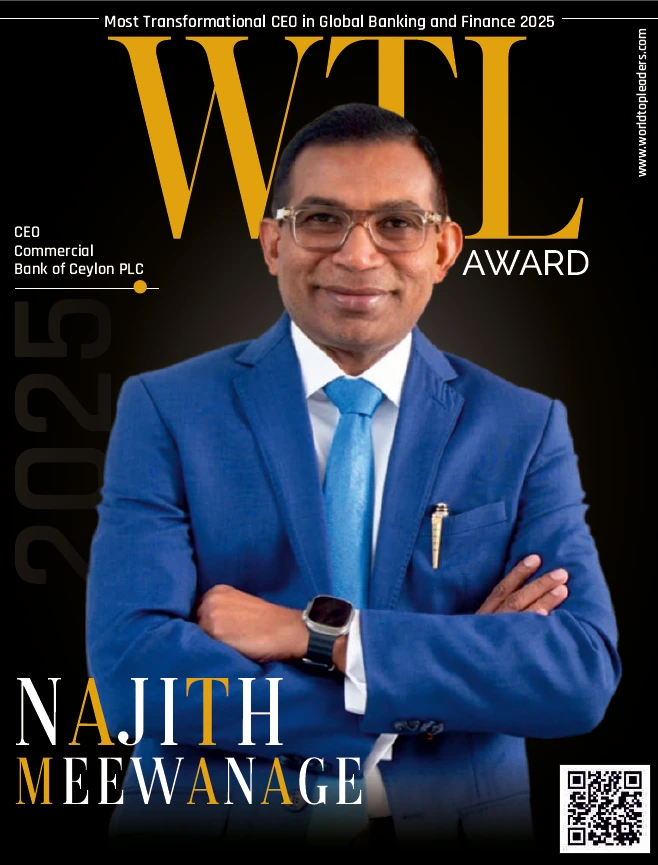 Most Transformational CEO in Global Banking and Finance – 2025
Most Transformational CEO in Global Banking and Finance – 2025 -
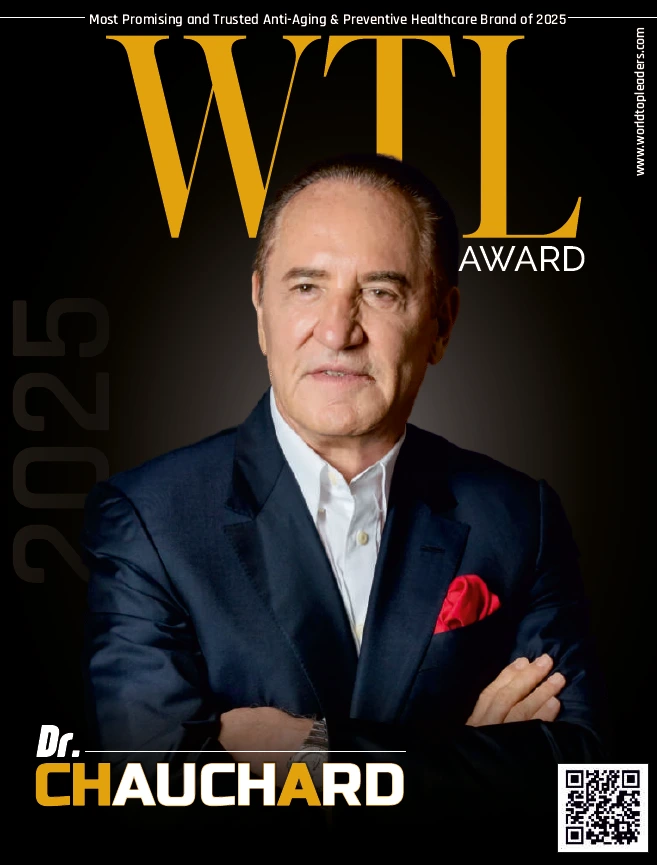 Most Promising and Trusted Anti-Aging & Preventive Healthcare Brand of 2025
Most Promising and Trusted Anti-Aging & Preventive Healthcare Brand of 2025 -
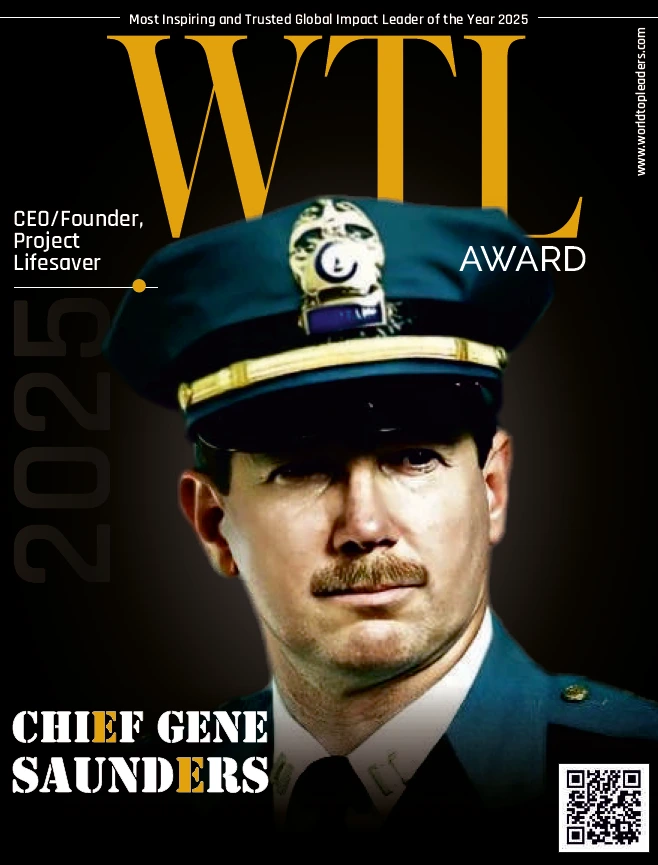 Most Inspiring and Trusted Global Impact Leader of the year 2025
Most Inspiring and Trusted Global Impact Leader of the year 2025 -
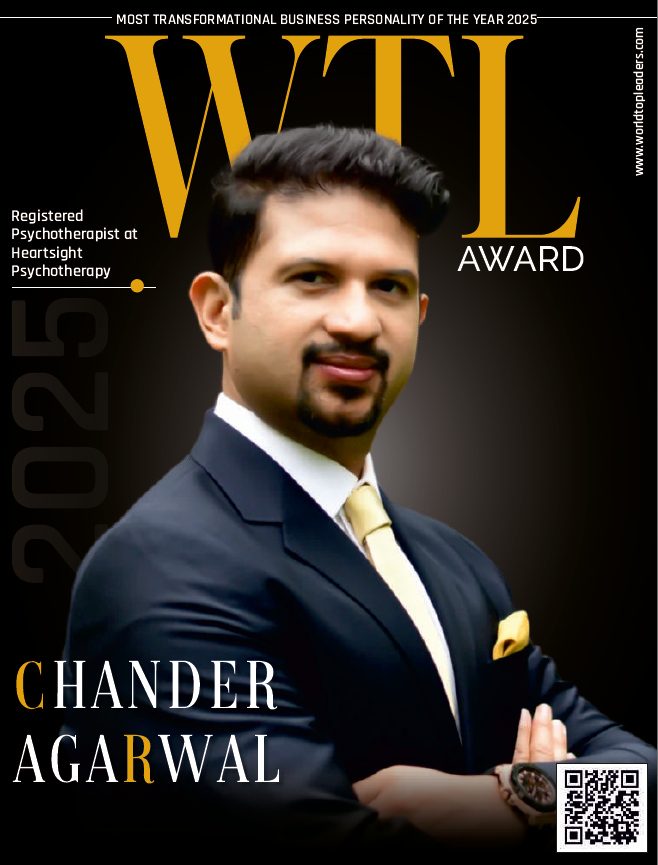 MOST TRANSFORMATIONAL BUSINESS PERSONALITY OF THE YEAR 2025
MOST TRANSFORMATIONAL BUSINESS PERSONALITY OF THE YEAR 2025 -
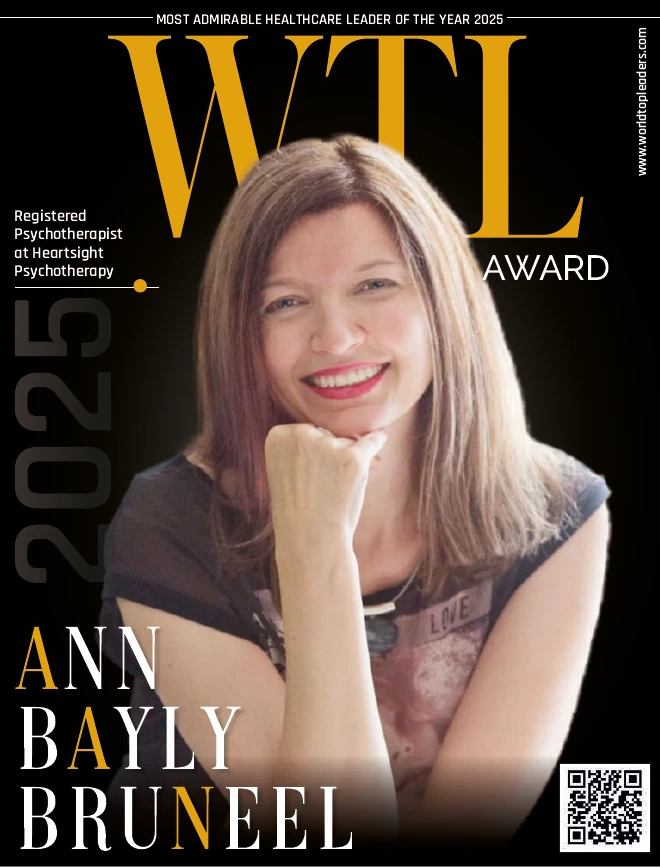 MOST ADMIRABLE HEALTHCARE LEADER OF THE YEAR 2025
MOST ADMIRABLE HEALTHCARE LEADER OF THE YEAR 2025 -
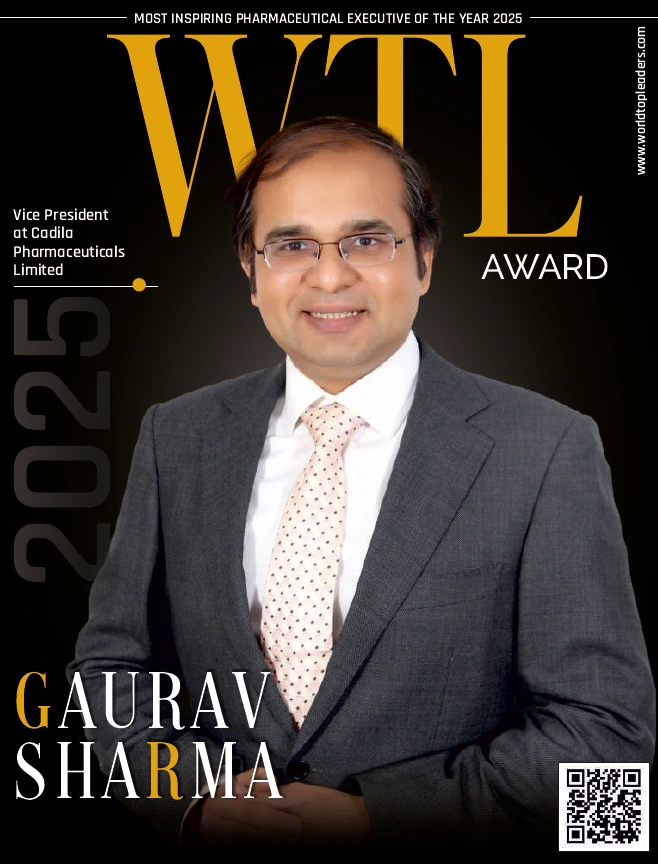 MOST INSPIRING PHARMACEUTICAL EXECUTIVE OF THE YEAR 2025
MOST INSPIRING PHARMACEUTICAL EXECUTIVE OF THE YEAR 2025
Global Leadership in Transition: How World Leaders Are Redefining Power in 2025
Reading Time : 7 min

Global Leadership in Transition: How World Leaders Are Redefining Power in 2025
Global leadership is undergoing a profound transformation in 2025. No longer confined to traditional ideas of authority, diplomacy, or economic dominance, leadership today reflects adaptability, inclusivity, and innovation. As the world faces rapid technological changes, shifting geopolitical dynamics, and urgent social and environmental challenges, leaders are redefining what it means to hold power on a global stage.
The Changing Nature of Leadership
In the past, global leadership often meant military strength, economic control, or political influence. While these remain important, today’s leaders are expected to demonstrate emotional intelligence, cultural awareness, and a vision that prioritizes collaboration over competition. Leadership in 2025 is not only about commanding influence but also about building trust and mobilizing people toward shared goals.
From Authority to Collaboration
One of the most significant shifts is the movement away from rigid, top-down authority toward collective and cooperative leadership. Leaders are increasingly judged by their ability to foster partnerships—between nations, corporations, and communities—that can address complex global issues such as climate change, cybersecurity, and public health. This collaborative model highlights problem-solving, resilience, and shared responsibility.
Technology and the Digital Transformation of Power
The rise of artificial intelligence, digital currencies, and global connectivity has reshaped the way leaders exercise power. In 2025, influence extends beyond borders through digital platforms and technological innovation. Leaders who harness these tools effectively can engage citizens directly, create more transparent governance, and drive rapid policy responses. At the same time, they face the challenge of safeguarding democracy, privacy, and security in a highly digital world.
The Human-Centered Approach
Modern leadership also emphasizes humanity and inclusivity. Leaders are expected to champion equity, diversity, and social justice, ensuring that progress benefits a wider section of society. Whether it is advocating for marginalized voices, supporting gender equality, or promoting sustainable growth, leadership in 2025 places people at the center of decision-making.
Global Challenges as Catalysts for Redefining Power
The past few years of global disruptions—from pandemics to economic instability—have shown that traditional systems of power are insufficient in isolation. Leaders today are tasked with balancing short-term crisis management with long-term vision. This requires flexibility, empathy, and the ability to adapt strategies in real time while still maintaining credibility on the world stage.
Building a New Legacy of Leadership
The future of global leadership is not about individuals amassing power but about creating systems that empower others. In 2025, the leaders who stand out are those who inspire action, encourage innovation, and build resilient networks that can withstand global uncertainty. They are defined less by dominance and more by influence, impact, and integrity.
A World in Transition
Global leadership is no longer a static concept. It is a dynamic, evolving process shaped by the needs of a rapidly changing world. As we move further into 2025, it is clear that the leaders who will leave the greatest legacy are those who embrace transformation, prioritize collaboration, and use their influence to drive meaningful progress for humanity.
